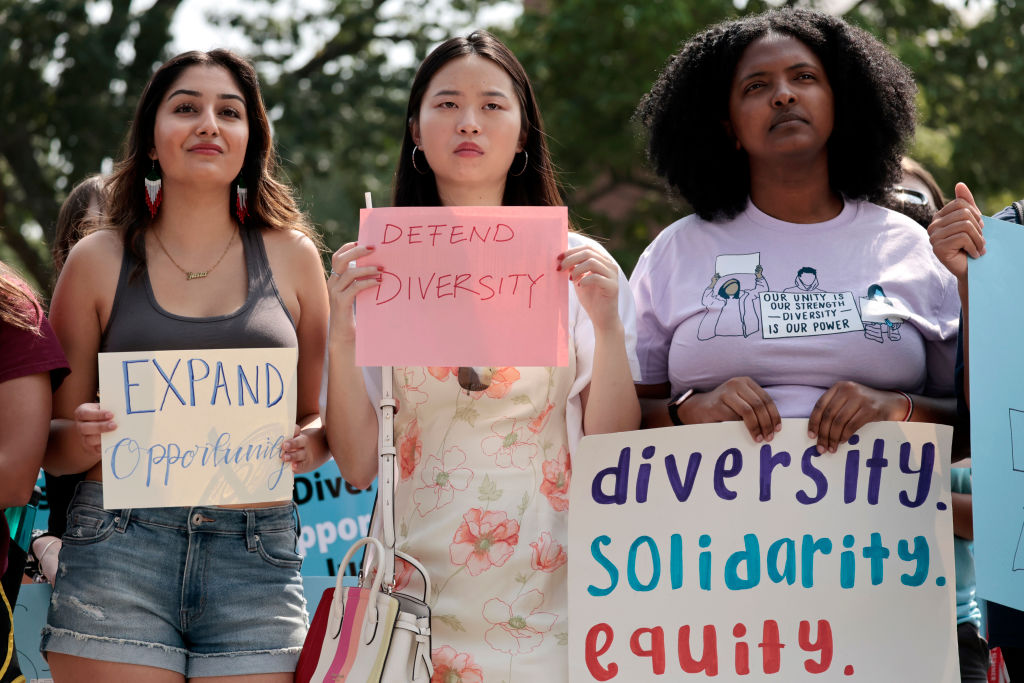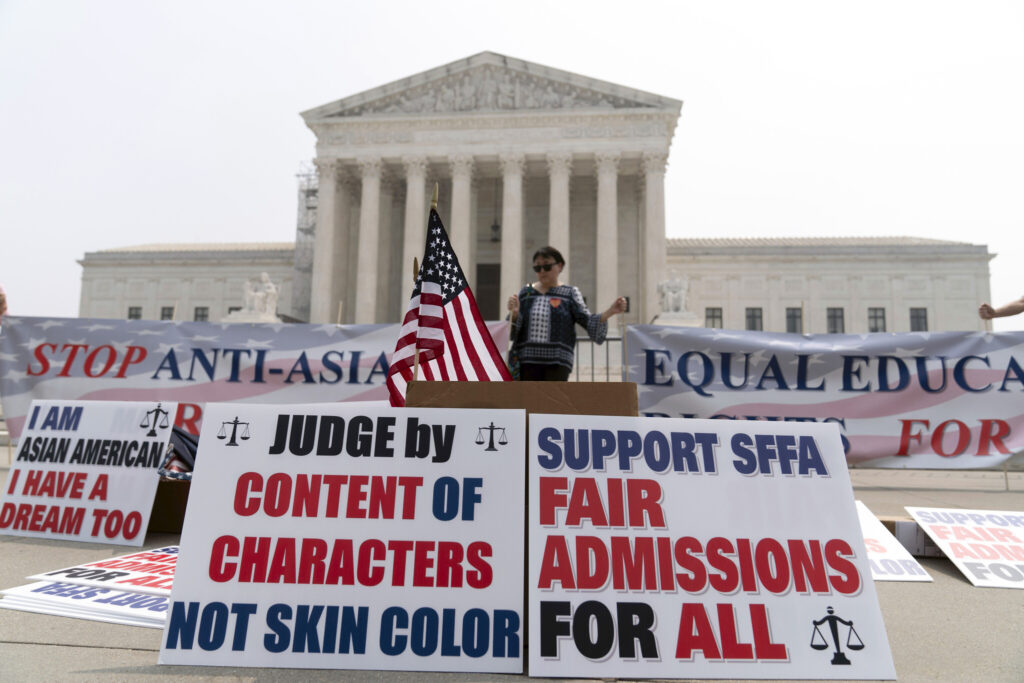Newsmatro

The battle over affirmative action in the United States has expanded into corporate diversity programs, with conservative activists filing lawsuits and challenging workplace initiatives promoting diversity, equity, and inclusion (DEI). Following a landmark Supreme Court ruling that struck down affirmative action, conservative groups are seizing the opportunity to scrutinize how corporations address inequality in the workplace.
Anti-affirmative action activist Edward Blum and his organization, American Alliance for Equal Rights, have recently filed two racial discrimination lawsuits. In August, they sued Fearless Fund, an Atlanta firm supporting Black women entrepreneurs, and two major law firms, Morrison Foerster and Perkins Coie, for offering fellowships to diverse candidates.
Blum’s campaign against corporate diversity initiatives began in 2021 when he took the state of California and the NASDAQ stock exchange to court over board diversity mandates. He claims to have more lawsuits planned in his quest to challenge what he views as improper racial classifications and preferences.
Conservative activists, led by prominent figures like Florida Governor Ron DeSantis, have intensified their criticism of DEI programs, accusing them of labeling all white individuals as racist and abandoning merit-based systems.
America First Legal, a conservative group founded by former Trump administration officials, has filed complaints with the Equal Employment Opportunity Commission against diversity programs at companies including Starbucks, McDonald’s, and Morgan Stanley, asserting that all DEI programs are illegal.

Conservative activists argue that all Americans have equal civil rights, prohibiting discrimination based on race, sex, or orientation. They believe corporate diversity programs violate these rights.
However, defenders of DEI programs argue that they are not affirmative action and do not discriminate against any group. Instead, they aim to attract diverse talent and make workplaces more inclusive.
This legal and ideological battle over DEI programs reflects a broader cultural and political divide in the United States, with concerns raised about the trajectory of corporate America on issues related to social justice and diversity.
While conservative groups are actively challenging DEI initiatives, experts suggest that these programs are crucial for addressing historical workplace inequalities.
The controversy around DEI programs highlights the ongoing struggle to achieve true workplace diversity and inclusion, with the top ranks of America’s largest corporations remaining predominantly white and male despite workforce diversification.
As the legal challenges unfold, companies are faced with decisions regarding their public commitments to racial diversity and leadership training programs.
In August, a federal judge dismissed a lawsuit against Starbucks’ board of directors brought by conservative group National Center for Public Policy Research, which opposed the company’s DEI policies and practices. The judge ruled that the courts should not interfere with legitimate and legal decisions made by public corporations’ boards of directors.
While the conservative pushback against DEI initiatives faces obstacles, the debate over the role of these programs in corporate America shows no sign of subsiding.
In the evolving landscape of workplace diversity, the United States grapples with the question of how best to address historical racial disparities and create truly inclusive workplaces that reflect the changing demographics of the country.